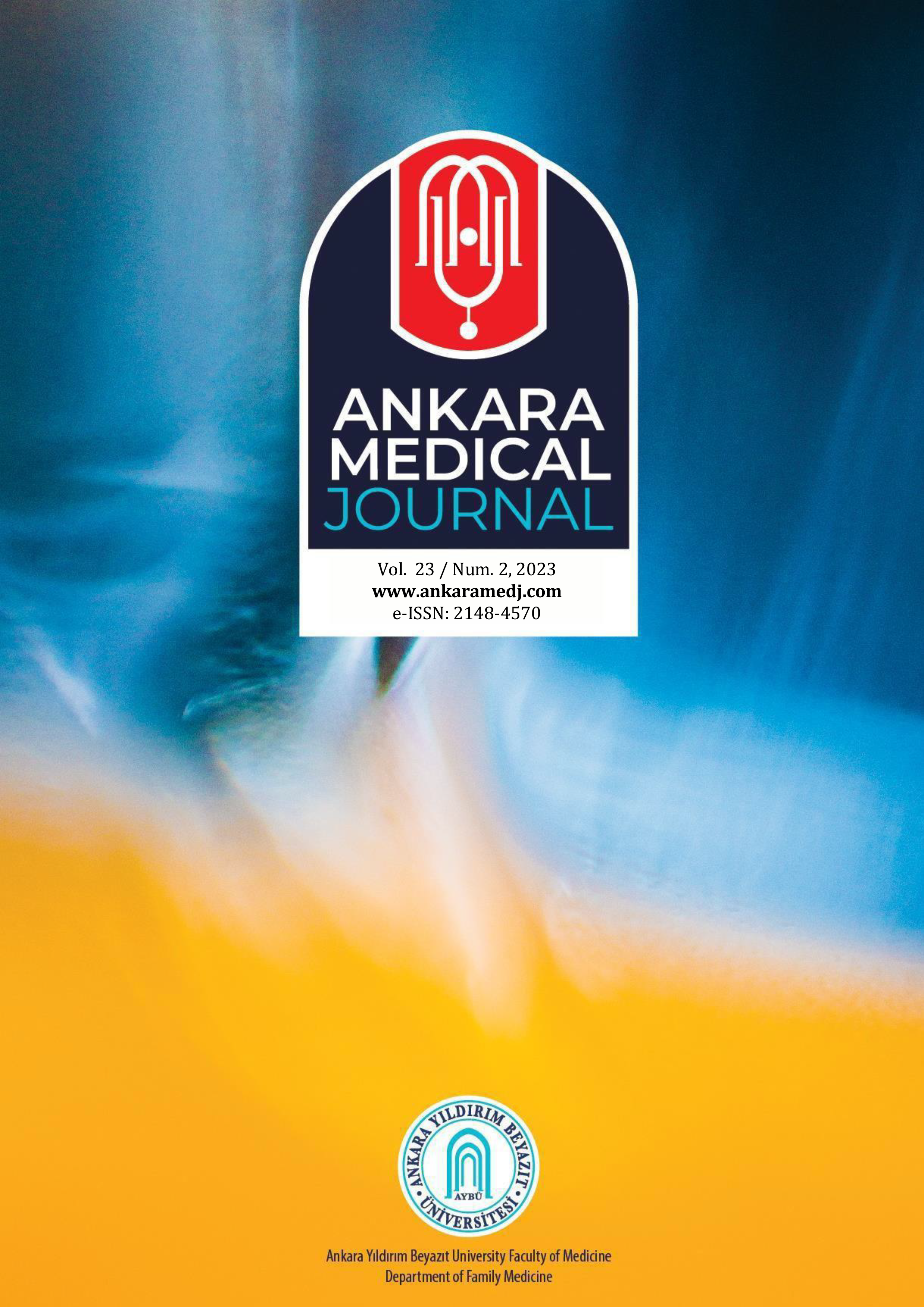Evaluation of Malnutrition in Geriatric Patients Receiving Home Care Services
Nur Şimşek Yurt1, Mahcube Çubukçu21Clinic of Family Medicine, Samsun Training and Research Hospital, Samsun, Turkey2Department of Family Medicine, Samsun University Faculty of Medicine, Samsun, Turkey
INTRODUCTION: In our study, it was aimed to determine the frequency of malnutrition and assess risk factors related to malnutrition in elder individuals receiving home care services.
METHODS: This cross-sectional, descriptive study was conducted on patients who were registered to Home Care Services of Samsun Training and Research Hospital. All patients assessed sociodemographic characteristics, comorbid diseases, level of dependence, presence of pressure sore, use of nutrition supplement and nutritional status were assessed by Mini Nutritional Assessment-Short Form (MNA-SF) using face-to-face interview method.
RESULTS: Overall, the study included 356 subjects (218 female, 61.24%). The mean age was 79.31±8.60 years. Of the subjects, 42.14% (n=150) were in the age group of 75-84 years. The mean MNA-SF score was 9.20±2.85. Based on the MNA-SF score, 27.52% (n=98) of the subjects had malnutrition, while 42.69% had a risk of malnutrition. The MNA-SF score was significantly lower in males (p=0.009), in those aged ≥85 years (p=0.035), in those with oncological disease (p=0.002), in those with cerebrovascular disease (p=0.003), in those with dementia (p<0.001), in the presence of pressure sore (p<0.001) and in bedridden (p<0.001). In the logistic regression analysis, it was found that being gender (p=0.002), bedridden (p<0.001), oncologic disease (p<0.001), cerebrovascular disease (p=0.002), dementia (p<0.001) and presence of pressure sore (p=0.002) were independent risk factors for malnutrition.
DISCUSSION AND CONCLUSION: The risk of malnutrition was increased in male gender, in patients aged≥85 years and in those with cerebrovascular disease and dementia. The malnutrition prevalence was found to be high in patients with oncologic disease, in the presence of pressure sore and in bedridden patients.
Makale Dili: İngilizce
(793 kere indirildi)





